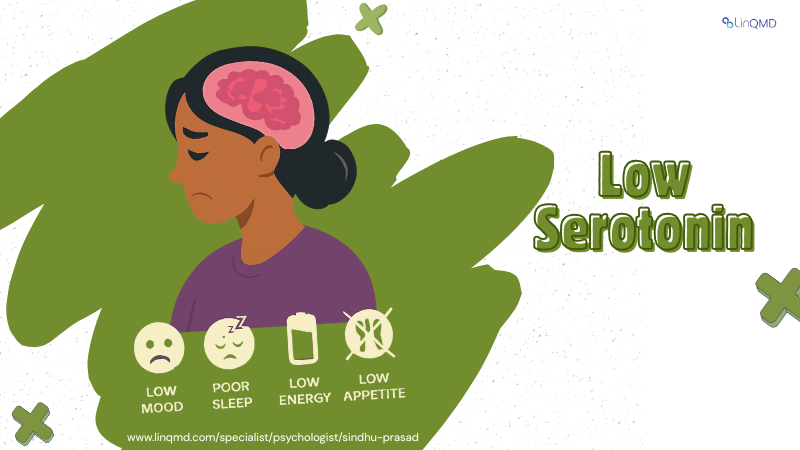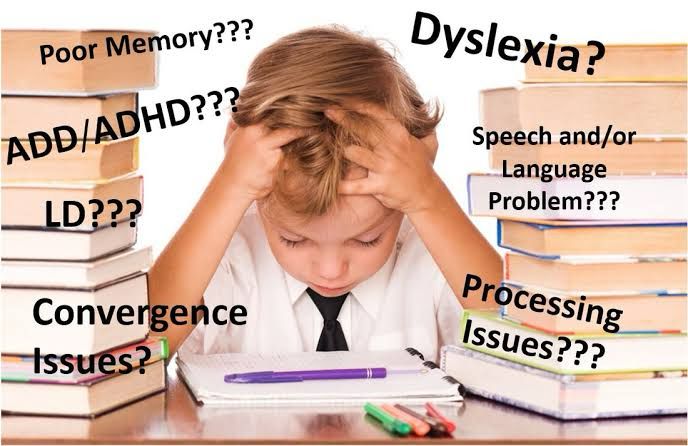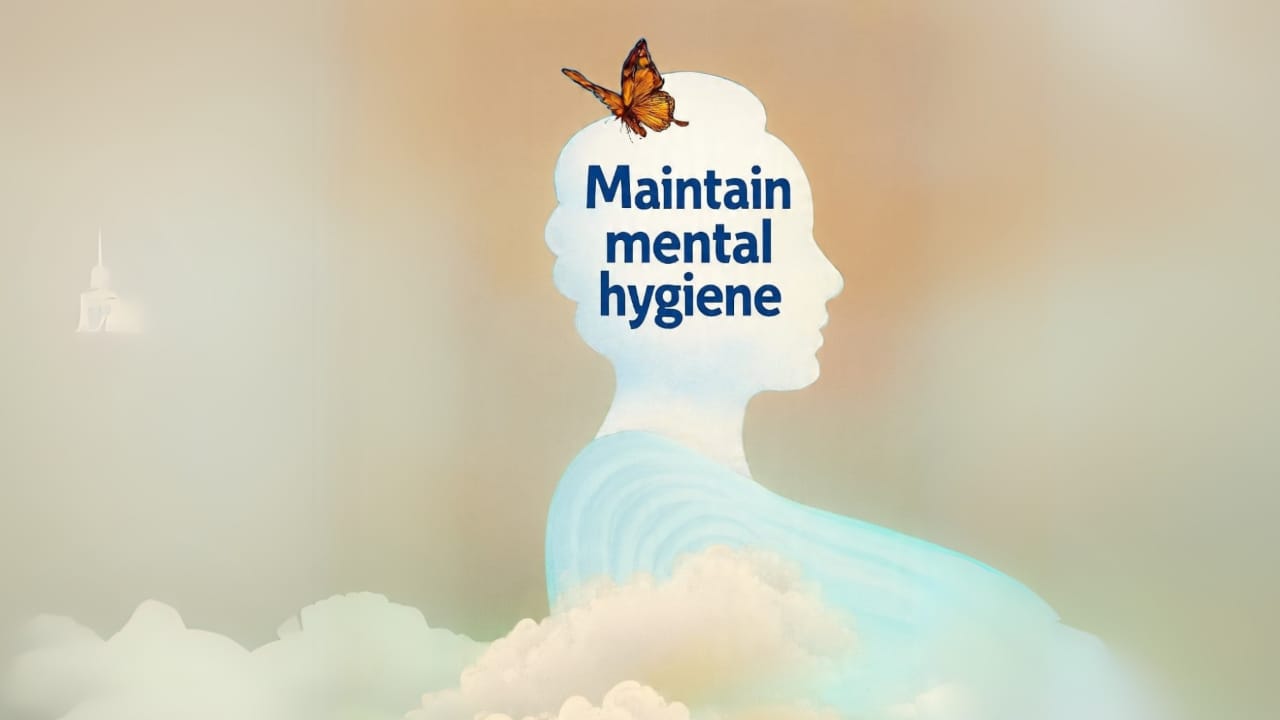Over the years, I have had the privilege of working with individuals from various professions, each carrying their unique stories and struggles. One theme I see repeatedly—whether it’s a seasoned manager, a young professional, or a dedicated teacher—is the silent, creeping presence of workplace stress. More often than not, what begins as a high-pressure phase gradually morphs into burnout—a state that affects not just our minds, but our physical health and personal lives as well.
Understanding Workplace Stress and Burnout
Workplace stress is a natural response to demands that exceed our capacity to cope—deadlines, workload, conflicts, or even the uncertainty of the future. But when these pressures persist without relief, it can evolve into burnout. I've seen many clients describe feeling emotionally drained, physically exhausted, and overwhelmed by a sense of futility. It’s almost as if your energy has been drained, leaving you unable to find joy or motivation in your work. Burnout isn't simply about being tired; it’s a complex state of emotional, physical, and mental exhaustion.
Signs of Burnout
One of my most memorable patients, Aarav, a young executive, came in one day visibly different—irritable, disengaged, and exhausted despite having a good support system at work. He said, “I feel like I am just going through the motions.” That’s when I explained the signs: emotional exhaustion, irritability, detachment from work and colleagues, decreased motivation, and even physical symptoms like headaches, sleep disturbances, or recurring fatigue. Often, burnout sneaks up gradually, making it difficult to recognize until it takes a toll on your mental health and physical well-being.
Impact of Burnout
When ignored, burnout can lead to long-term health issues like high blood pressure, anxiety, depression, or chronic fatigue. It can sap your enthusiasm, diminish your job satisfaction, and strain relationships at home and work. I’ve seen organizations suffer too—with increased absenteeism, higher turnover, and reduced productivity. The emotional toll extends beyond the individual; it reverberates across teams and workplaces, creating an unhealthy cycle that’s hard to break.
Managing Burnout Effectively
The good news is that burnout is highly manageable—especially when recognized early. The first step is awareness—being honest with yourself about how you’re feeling and seeking support when needed. I advise my clients to establish clear boundaries—knowing when to say “no,” and prioritizing tasks. Time management and maintaining a work-life balance are essential; taking brief breaks during work hours, practicing deep breathing, or engaging in quick stretches can make a significant difference. Regular exercise, mindfulness, and relaxation techniques help replenish energy and reduce stress. Open communication with supervisors or HR about workload and stress levels is equally vital in creating an environment where your well-being is prioritized.
Building a Supportive Work Environment
From my perspective, workplaces must foster open conversations about mental health, removing the stigma associated with seeking help. Implementing wellness programs, offering counseling services, and encouraging team-building activities can foster resilience. When organizations acknowledge the importance of mental health, it creates a culture of support and proactive care—one that benefits everyone in the long run.
In Conclusion
Workplace stress is inevitable, but burnout is preventable. Self-care isn’t a luxury—it’s a necessity. Recognizing the signs early and adopting strategies to manage stress not only preserves your health but enhances your productivity and happiness. If feelings of exhaustion or detachment persist, don’t hesitate to seek professional help. Remember, your well-being is your greatest asset. Proactive attention to stress and burnout is not just good for your health—it’s essential for a fulfilling, balanced life.




Add a Comment